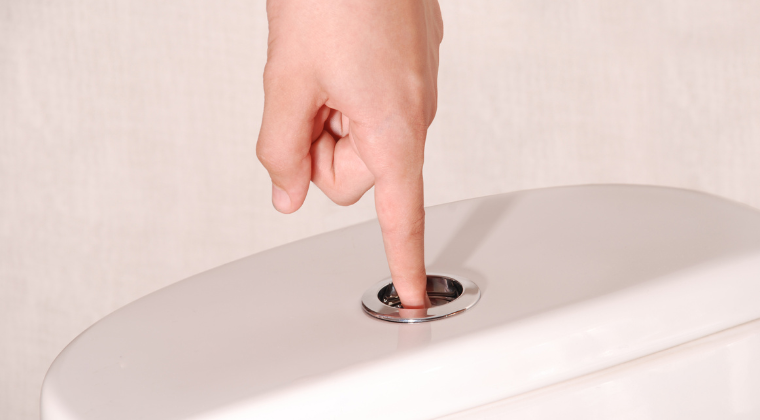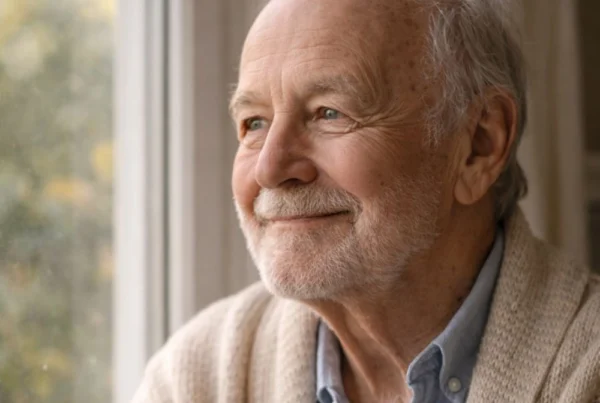There are some topics that most of us prefer not to discuss or even consider, especially at the dinner table! We would rather the topic and its solutions best remain out of sight and out of mind! At the risk of offending many of my readers I shall open this conversation!
Modern man is the only living creature that doesn’t recycle its own excreta. The measure of civilised man has been, for the past thousand years, the efficiency of our sewerage systems. How well can we discretely dispose of our biological waste with little concern as to where it goes or what damage it might be doing to the environment!
This attitude to our personal biological waste is also reflected in our acceptance, until recently, of way we deal with all our other waste that stems from our modern lifestyle; our household waste, our packaging waste, our chemical waste, our fertiliser waste and more.
Until recent concerns about environmental degradation and pollution, the answer was very simple – bury it all in the ground or burn it! Maybe this was a primitive inherited behaviour that made good environmental and natural survival sense when most of primitive man’s waste was his excreta, when a trip to the field or forest to perform nature’s duty after eating was sound ecology for the health of the environment and for man himself.
With the rise of civilised man and city dwelling, that ideal solution was no longer possible. Then began the alternative approaches.
These started with open sewers draining to land and rivers near to the towns and cities, and later underground “buried” sewers doing the same, though hiding the offensive effluent from sight later when concerns arose that the river waters we needed for drinking, cooking, and washing now were foul diluted sewerage.
Attempts were made to “process” the sewerage before releasing it into the environment. This was indeed a step in the right direction, emulating nature’s way of recycling our waste, but we underestimated the enormity of this task, as our urban populations grew and by now our “natural” waste was increasingly contaminated with toxic chemicals and materials, that natural processes were no longer capable of eliminating from our sewerage waste.
The result is that today, in most industrialised countries, there is a sewerage crisis that cannot be solved by bigger and better processing alone, though that needs a radical new solution if we are to stop mankind from destroying the habitable environment with its accumulated waste.
Apparently, we are discharging raw sewerage into our rivers and coastal waters over 800 times a day!
Many of these discharges are because of sudden heavy rainfall and run-off from the land, potentially causing back flows to our homes which we would not appreciate.
Most of our systems are still based on a Victorian infrastructure that has been tweaked and added to over the years by the private water companies. The radical upgrading of this vital health related system is too vast an investment for private companies, and there is a strong case for taking this essential infrastructure back into public ownership.
As regards our other waste that is polluting the planet, the plastic, household waste and all the other discarded consumer goodies, we all need to consider what we can do ourselves to minimise this other “excreta” and our government must establish more recycling centres that can better cope with this major problem. Landfill is no longer an acceptable or viable solution.
No other animal I know of makes a habit of excreting in its home! This planet is the only home mankind has, so we had better start to take the example of the animals on this planet.
Perhaps in years to come our grandchildren will be able to swim in every river, lake and sea and drink from every fresh-water river with safety.
Who knows, it all depends on our priorities that will direct our leaders and ourselves.
Michael Lingard BSc. DO







